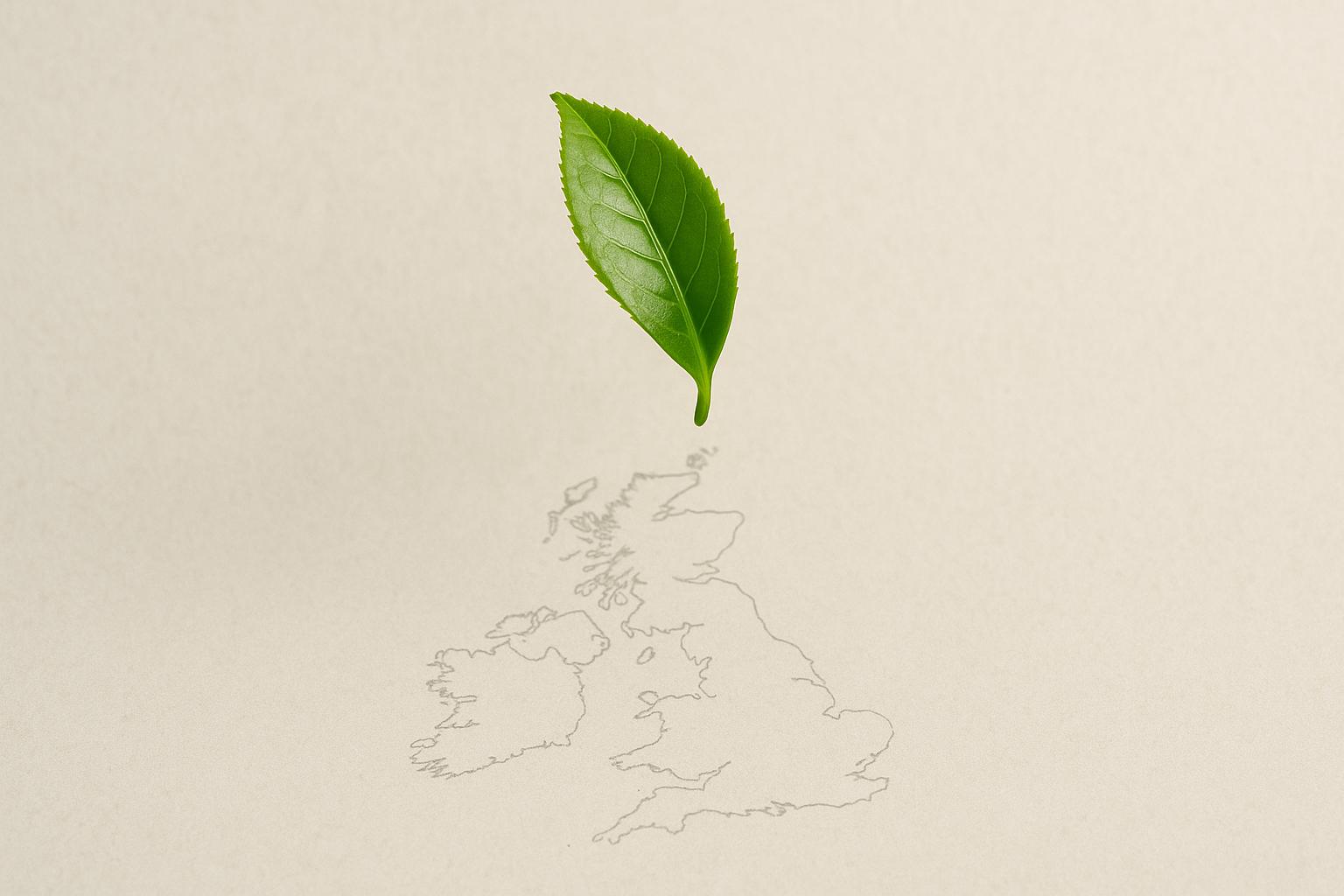Over 40 leading UK retailers and brands, including household names such as Ben & Jerry’s, Clipper, Co-op, Greggs, M&S, Sainsbury’s, and Tate & Lyle Sugars, have united to champion the cause of Fairtrade sourcing. This coalition represents a concerted effort to improve the livelihoods of millions of farmers and workers who produce staple commodities like bananas, cocoa, coffee, and tea for the British market. Their call for increased Fairtrade sales aligns with the Fairtrade Foundation’s annual Fairtrade Fortnight campaign, ‘Do it Fair’, which seeks to encourage businesses, MPs, and consumers to support producers through Fairtrade’s minimum price guarantee, premium payments, and rigorous ethical standards.
The push for Fairtrade resonates strongly with UK consumers, according to research from Kantar. The study found that 81% of consumers want businesses to take greater responsibility for fair and sustainable practices within their supply chains. Additionally, 86% of shoppers expressed a desire for transparency regarding the origins of products such as tea, and 75% believe that brands should provide clear information about the prices paid to producers to better inform ethical purchasing decisions. This level of public demand underscores a growing awareness and expectation for corporate accountability in global trade practices.
Despite these strong consumer sentiments, only 10% of tea sold in the UK is currently Fairtrade-certified. The Fairtrade Foundation has set ambitions to drive systemic transformation in the tea industry by 2027, appealing to UK brands and retailers to act as pivotal partners in scaling up change for the farming communities behind the tea. Marie Rumsby, the Foundation’s director of advocacy and communications, highlighted the need to “challenge industry myths” and accelerate progress to ensure fair treatment and sustainable livelihoods for tea producers.
Retailers like the Co-op have historically demonstrated leadership in Fairtrade initiatives. The Co-op notably became the largest UK seller of Fairtrade flowers after moving to 100% African Fairtrade roses back in 2012, and recently transitioned its entire range of fresh cut roses to be 100% Fairtrade-certified. Such commitments underscore the potential impact retailers can have when embedding Fairtrade into their sourcing policies. The Co-op also launched a marketing campaign to promote ethical sourcing, which was part of a wider strategic effort to attract new members by reinforcing its dedication to sustainability and Fairtrade principles.
UK retail sales of Fairtrade products generated £28 million in Fairtrade premiums for producers in the previous year, a slight decline from £30 million the year before. Nevertheless, the Fairtrade Foundation views the sustained consumer demand for these products during economically challenging times as an encouraging sign. The UK remains the largest global market for Fairtrade bananas, sugar, and tea, offering almost 5,000 Fairtrade-certified products, demonstrating both the market scale and the consumer appetite for ethical trade.
Complementing these efforts, the emergence of new retail models such as We Are Fair Trade, an online Fairtrade-only grocer, aims to fill gaps in the market left by the collapse of established sustainable retailers like Traidcraft. This platform offers a range of ethically traded goods, from food items to homeware and clothing, reinforcing accessibility to Fairtrade products for consumers keen on making ethical purchases.
As the ethical trade movement gathers momentum, The Grocer plans to delve deeper into the state of ethical certification schemes and their impact on farmers' lives in an upcoming feature. This analysis will provide further insight into how UK retailers and brands are supporting Fairtrade and other ethical schemes, and the tangible outcomes of these commitments in addressing the challenges faced by global producers.
📌 Reference Map:
- Paragraph 1 – [1], [2]
- Paragraph 2 – [1]
- Paragraph 3 – [1]
- Paragraph 4 – [3], [6]
- Paragraph 5 – [4]
- Paragraph 6 – [5]
- Paragraph 7 – [7]
Source: Noah Wire Services
